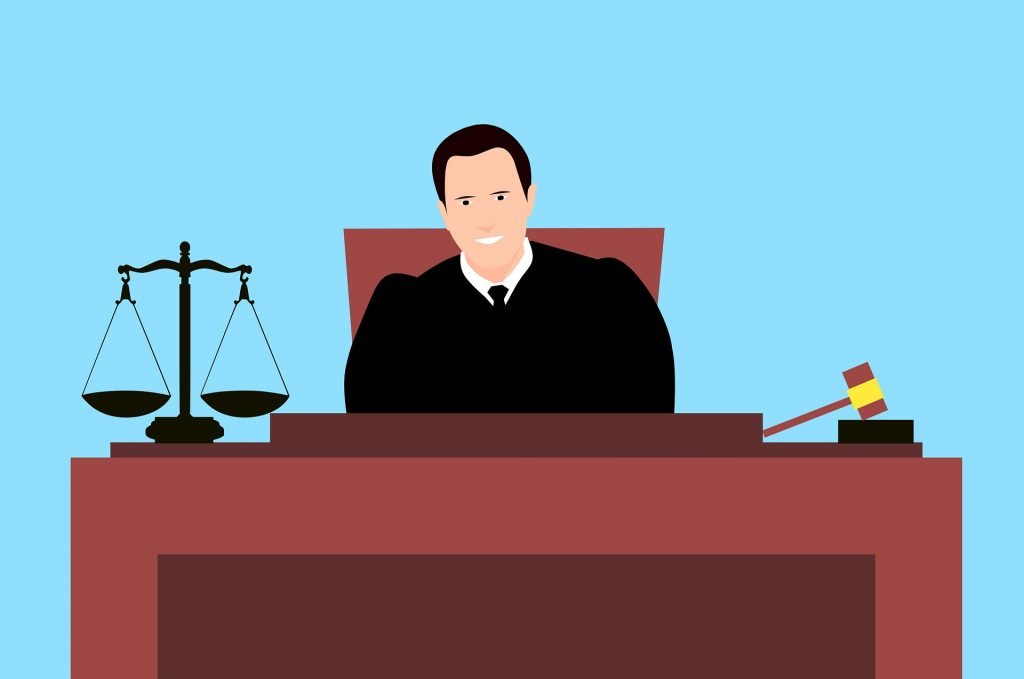
Juvenile means a person who is minor or not mature enough to understand the circumstances. It is an adjective as per the Cambridge dictionary it can be used as noun in the law.
Introduction.
The terms juvenile means a person who is minor and is unable to take decision or immature. The law on juvenile justice system emerged during the early 19th century and now around the globe there are separate prisons for juveniles and also there are less punishments for juveniles
History.
Children had been considered as young adults before the nineteen and eighteen centuries.
Many times the children were prosecuted below the age of seven years in adult courts being accused of crimes and also get imprisoned with the adults in adult prison. After eighteen century and by the nineteen century different states around the globe established separate reforms for the sake of reforms of children’s and establishment of institutions for child . Juvenile were not rehabilitations instead they have become criminals due to the society of the adult criminals in jail.
The United States of America made a history opening world’s first juvenile court in Chicago. The court establishment was on two principles. First, Juvenile lacked the maturity to take responsibility for their actions and the second, because their character was not yet fully developed, they could be rehabilitated more successfully than adult criminals. After around a century these principles remained bench march justice.
The Juvenile Law in Pakistan
The juvenile justice in Pakistan deals with the illegal act which defined as crime by Pakistan penal code the law governing and taking action against the juveniles in Pakistan is juvenile justice system act 2018 which was enacted and enforced after the amendment in juvenile justice system act 2000. Under this act a child has been defined as any person under the age of eighteen years of age or any person who is not mature enough to understand the circumstances.
Under this act certain provisions were enforced for the best interest of child/child .
A juvenile offender defined as a person or child who has committed an offence punishable under Pakistan penal code.
Under this act the juvenile were established and the punishment for the juvenile offenders in case of commission of heinous crimes which is punishable with death were decreased with only 7 years of imprisonment and also established the presumption of free legal aid to juvenile offenders.
Despite of the act and the juvenile justice system established by the state the juvenile offenders in Pakistan has no any juvenile rights as enshrined in children rights conventions. And also the courts has been established but all the courts are with courts hearing the heinous offence committed by the adults and further there are no any rehabilitation system for the juvenile offenders in Pakistan
Juvenile justice in Pakistan deals with crimes committed by Pakistani children. The minimum age for criminal responsibility in Pakistan is seven years.[1] According to a SPARC report published in 2012 there were 1500 to 2000 juveniles (under-18 children) imprisoned in Pakistan.[2] This figure, however, excludes thousands of under trials whose number is unknown.[3] Anees Jillani opines that one of the reasons for the large number of children coming into conflict with the law is the low age of criminal responsibility, which is seven years under section 82 of the Pakistan Penal Code 1860 (No XLV) Additionally, section 83 of the Pakistan Penal Code says that nothing is an offense which is done by a child above seven years of age and under the age of twelve, who has not attained sufficient maturity of understanding to judge the nature and consequences of his or her conduct on that occasion.[4]
In July 2000, the then government under General Pervez Musharraf enacted the JSSO (Juvenile Justice System Ordinance 2000)(No XXII),[5] according to SPARC(2001) its implementation is incomplete.[6] A survey of juvenile prisoners lodged in 51 jails in the four provinces of Pakistan exposed most degrading conditions. Hardly any facilities existed for rehabilitation and often the punishment was too severe for the crimes committed. Most of the incarcerated children were found to be under-trials. Under-trial prisoners failed to obtain release on bail as their poverty prevented them from furnishing sureties.[7]
